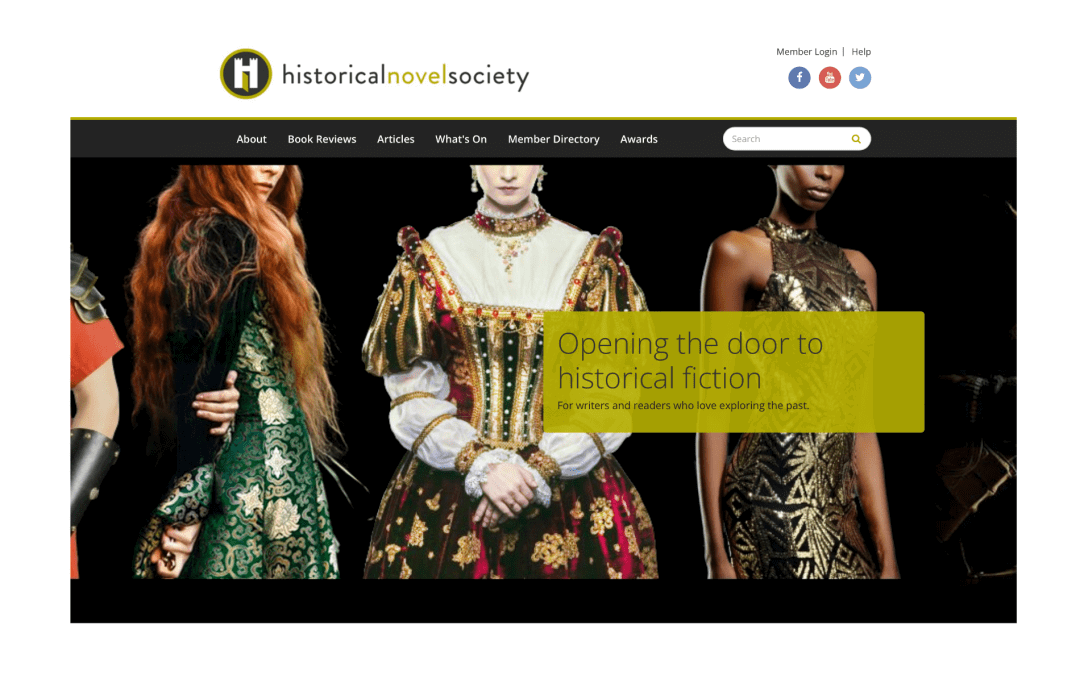How far should a writer go with historical accuracy? I recently blogged about social media. In my research for growing my social media following I read some posts on the Historical Novel Society facebook page. They got me thinking. The thread I read was about historical accuracy. It appeared to stem from a post about judging the past from our present perspective. It was acceptable to be racist in the past, because everyone was. Someone didn’t want the hero to have modern values. The hero has to represent the values of the era. Others thought it essential that the dialogue represents the language of the era. Since my latest book, Called to Account, centres on a pogrom and therefore addresses anti-semitism and therefore racism and hate in general I paused for thought. Should my hero and heroine be racist? Am I indulging in imposing my values on someone from a previous era? Is my dialogue too modern? Aaargh! Do I know what I’m doing?
I pulled some C.J. Sansom books down from our shelves, to remind myself how the master does it. I came away reassured. Shardlake is a good guy. The only word I wasn’t familiar with was jakes, a 16th century word for toilet. If I wrote in Shakespearean English, I doubt anyone would buy my next book.
The thing I love most about writing is research. I use JSTOR, the worlds largest repository of academic texts and images, to dive deep into my research. I’m passionate about historical accuracy. Key characters in Called to Account are physicians, and reading about early 17th century medicine has been fascinating. What the accepted view was about blood was very enlightening. I’m dedicated to historical accuracy. I’m sure I will get something wrong occasionally, I’m only human, but I try.
If I made my hero or heroine anti-Semitic, to fit in with the mores of the time, I’m not sure I’d want to write. I think I have to be empathetic with my key characters.

